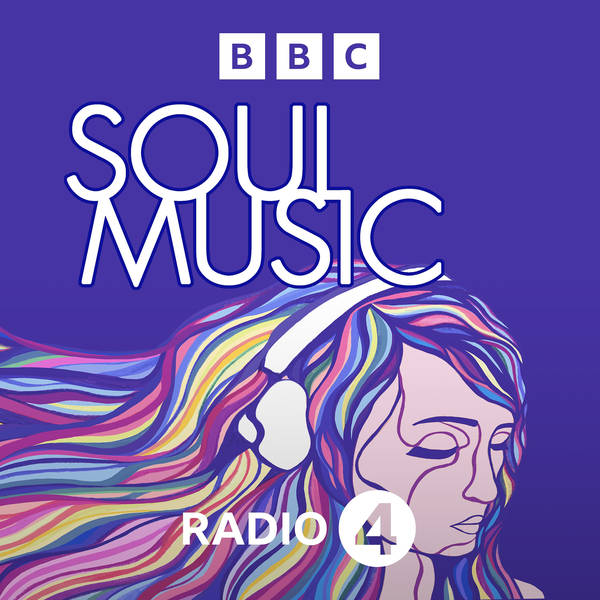
Once In A Lifetime
Stories from people about how ‘Once In A Lifetime’, Talking Heads' existential hit from 1980, touched their lives.
Talking Heads emerged out of the post punk scene of the late 1970s. 'Once In A Lifetime' is the iconic single taken from their album Remain In Light. With its looped synthesizer and Afrobeat inspired by Fela Kuti it seemed to pre-empt the consumerism and ennui of the 1980s.
Writer Ian Gittins interviewed David Byrne and later wrote his book Once In A Lifetime. He says David Byrne had in mind people of a certain middle class existence who seemingly breeze through life with ease when he wrote the lyrics. They may get to middle age or reach a crisis point and ask "How did I get here?" For a song that invites us to question our lives it has a surprisingly emotional core that encourages people to be grateful and make positive changes in their lives where necessary.
For Glaswegian Gerry Murphy that meant becoming more present for his family after serious illness forced him to reconsider the amount of time he devoted to his career. He went on to write a book about his experience - And You May Find Yourself: A Guided Practice To Never Fearing Death Again.
Ian Peddie was inspired by the song to leave his dead end existence in Wolverhampton in the mid 1980s to 'find himself in another part of the world' following his dreams.
Kelly Waterhouse says the song symbolises gratitude for all the things she takes for granted and sometimes struggles with in her life as a busy working mother.
And singer Angelique Kidjo recorded her own version of Once In A Lifetime in 2018 after coming full circle with the song from her arrival in Paris in 1983 after fleeing the dictatorship in her home country of Benin. She heard the song at a student party and recognised the Afrobeats adopted by David Byrne and Brian Eno that made her feel both joyful and homesick at the same time.
Producer: Maggie Ayre
First broadcast on BBC Radio 4 in December 2020.
